How ARE you? It’s been a minute! Since coming out of the other side of my winter depression, I’ve moved my girlfriend into my house (yay) and have also had a bout of illness (boo). But I’m back! It’s Spring! We’re doing this! Let’s kick off the season right with a wonderful interview, shall we?
I had the absolute pleasure of chatting to Chloe Wade, the writer of As SHE likes it – a contemporary, Brechtian-style play ending its run at the Belgrade Theatre on 16th March. They describe the play as follows;
“this fusion of live theatre and filmed footage, inspired by the story of Patricia Douglas, exposes the cultural legacy of sexism and exploitation that still haunts the film industry to this day. A darkly comedic explosion of multimedia, verbatim, cabaret and drag.“
I am so there. What a night it is lined up to be. Not only this, but there’s a fantastic free empowerment workshop beforehand which I’m also really looking forward to! So without further ado, and with much excitement, read on as Chloe and I talk about ‘As SHE likes it’, empowerment and the future of feminist theatre…
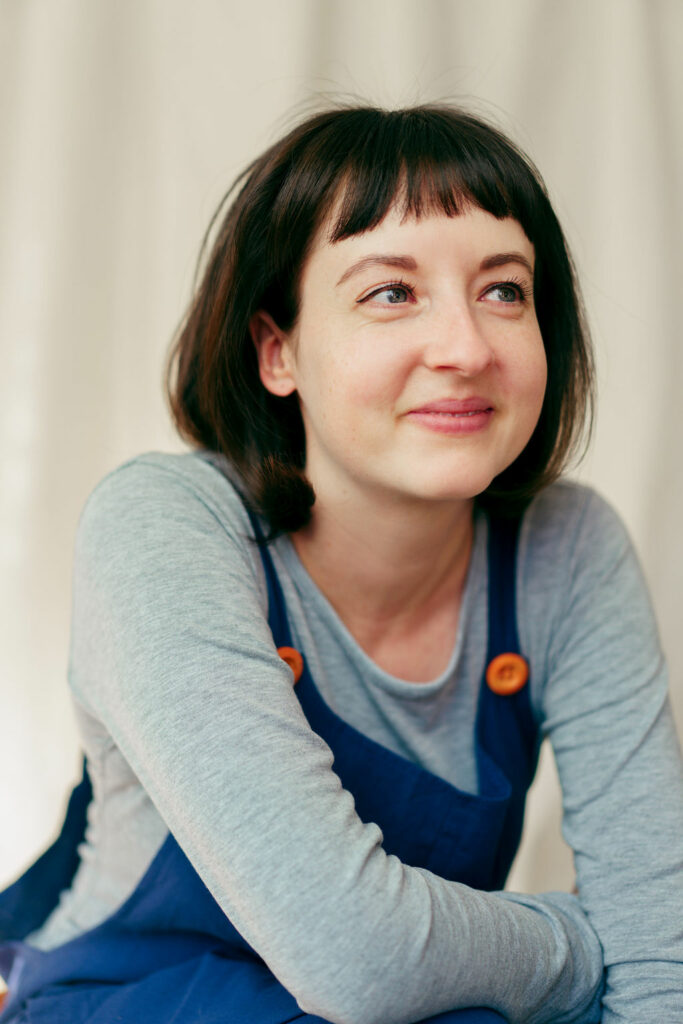
The question everyone starts with! What inspired you to write this script?
I am inspired a lot by music and I remember watching Ru Paul’s Drag Race and one of the lip-sync battles was Donna Summer’s Last Dance. I just had this picture in my head of what is now known as the “screwball comedy queen routine” – very slapstick and ‘Lucille Ball’ type sketch and so I thought – that’s a great start… write that down… Then I realised the opening scene had to be the iconic Columbia Pictures woman with the torch… and the end came to me too. So I was left with this beginning, random middle part, and ending, and no story.
How did it get from the drawing board to where it is now?
It was a very slow process that had multiple stages! During lock-down, I attended a free course for actors who wanted to write plays organised by a fellow playwright, Camilla Whitehill that gave me a deadline to work to and I had this eureka moment when I came across the story of Patricia Douglas. She was going to be my protagonist, and she was going to weave this together. It went through research and development funded by the Arts Council, was looked at by my mentor Morgan Lloyd Malcolm at various stages… I reckon in all it took close to three to four years.
That’s incredible. I’m really excited to see it. What is it you’d like people to take away from the play as they watch?
As well as making people aware of Patricia Douglas’ story, the aim is to encourage people to get rid of this rose tinted filter that we tend to view old Hollywood through. Myself included, of course – I grew up on all the old Hollywood films but behind all the glamour, the ball gowns, black and white lenses and filtered cigarettes is this grotty and dirty truth I want to make people aware of.
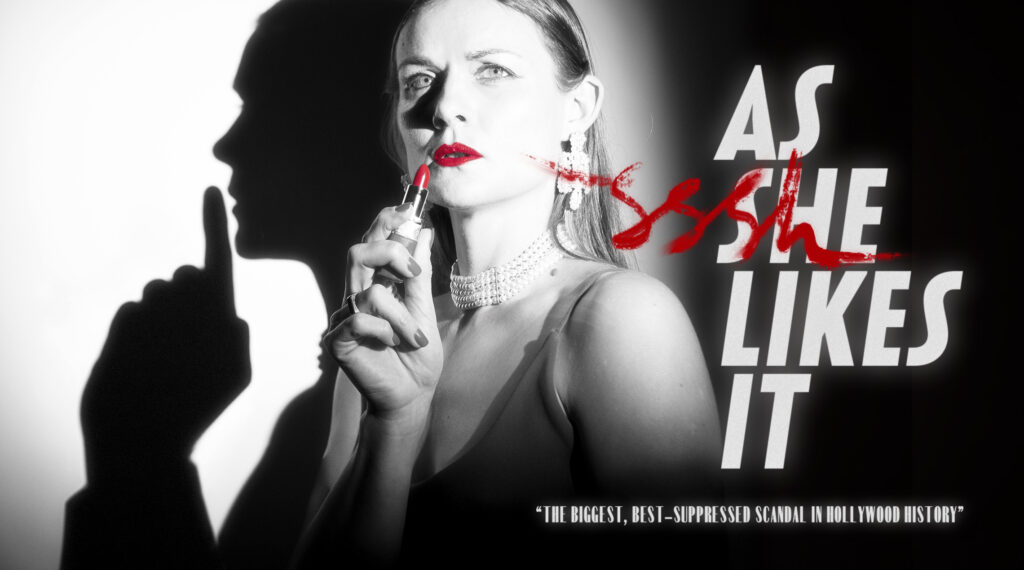
It’s pretty similar now from what I hear…
Yes! It’s been 90 years since Patricia Douglas, who had potentially one of the most suppressed stories in Hollywood history… and it’s pretty much the same now. Even though we look to Hollywood for forward-thinking stories and to promote change in the world, in many ways it’s still quite old-fashioned and backwards. The central question of the play is How much has really changed between then and now? The play shows many time periods and I want the audience to be unsure of whether it’s then or now and challenge and empower them to think… what can we do about it?
As a queer woman, I have to ask! How does queerness tie in to the themes of As SHE likes it?
A huge part of old Hollywood cover-ups is hiding your sexuality with lavender marriages [Edit: for those who don’t know, this is a man-woman marriage of convenience, to cover up sexual orientations.] It makes reference to ‘The Sewing Circle’ – referring to the golden age stars who hid their sapphic experiences within the industry. The leading lady narrative in this play is very much a queer narrative – just like with feminism it’s really important we keep telling these stories and the more we can keep them in the mainstream the better.
I’m ready for that! Do you think theatre will be effective in promoting this shift?
There’s a quote, I can’t remember who said it… “Theatre is a weapon…” [Edit: Potentially Augusto Boal]… That’s always stuck with me. This play is theatre in its purest form; going against the high culture that the theatre has now become. In this form, there’s such a strong connection between the actors and the audience – the fourth wall breaking style will get people involved in the action, get people feeling like they’re a part of the change that’s happening.
Theatre is so underutilised as a political tool and it absolutely should be used as one – if you’re from any underrepresented group, your very existence in the arts world is political, so absolutely we should keep things political. I can’t think of any other medium that this piece would work in.
Let’s talk about other feminist productions… SIX and Pride and Prejudice…sort of? to name but a few. What are your thoughts on the current state of feminist theatre?
People are screaming out for these stories now. Shows like these all started as smaller productions at universities and small theatres, which ended up going to the West End. The energy of feminist productions; there’s never anything quite like it. I think it’s a fantastic call-to-arms to just ride this wave and join this movement. Things are starting to change, but more still needs to be done.
Further reading: SIX the Musical – just see it.
Did you know the first two #MeToo plays were written by men? Both of them were very much from the male perspective and so it’s really important that women keep writing them now. It might be exhausting and tiring, and we have to explain things again and again but if we don’t talk now, another ninety years might go by and we will still be discussing the same issues.
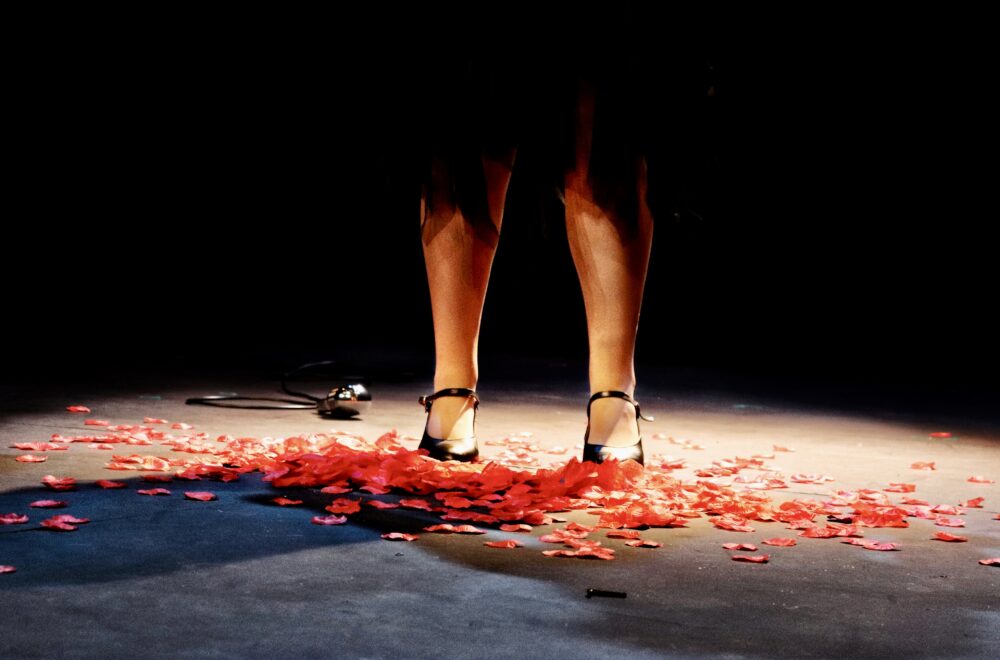
Do you have any advice for aspiring playwrights who want to break into the political landscape of theatre?
I’d recommend writing to someone who you love the writing style of. My mentor, Morgan Lloyd Malcom, really opened the doors for me with new connections and it was invaluable. Similarly, look out for schemes and sponsorship openings in smaller theatres for funding and just apply.
Don’t be scared to reach out. It’s so daunting at the beginning, and your first draft will never be good enough so just get it all down. The point is to keep adapting it and it will be so hard at first. Reach out to someone you admire, take advice on board and keep going.
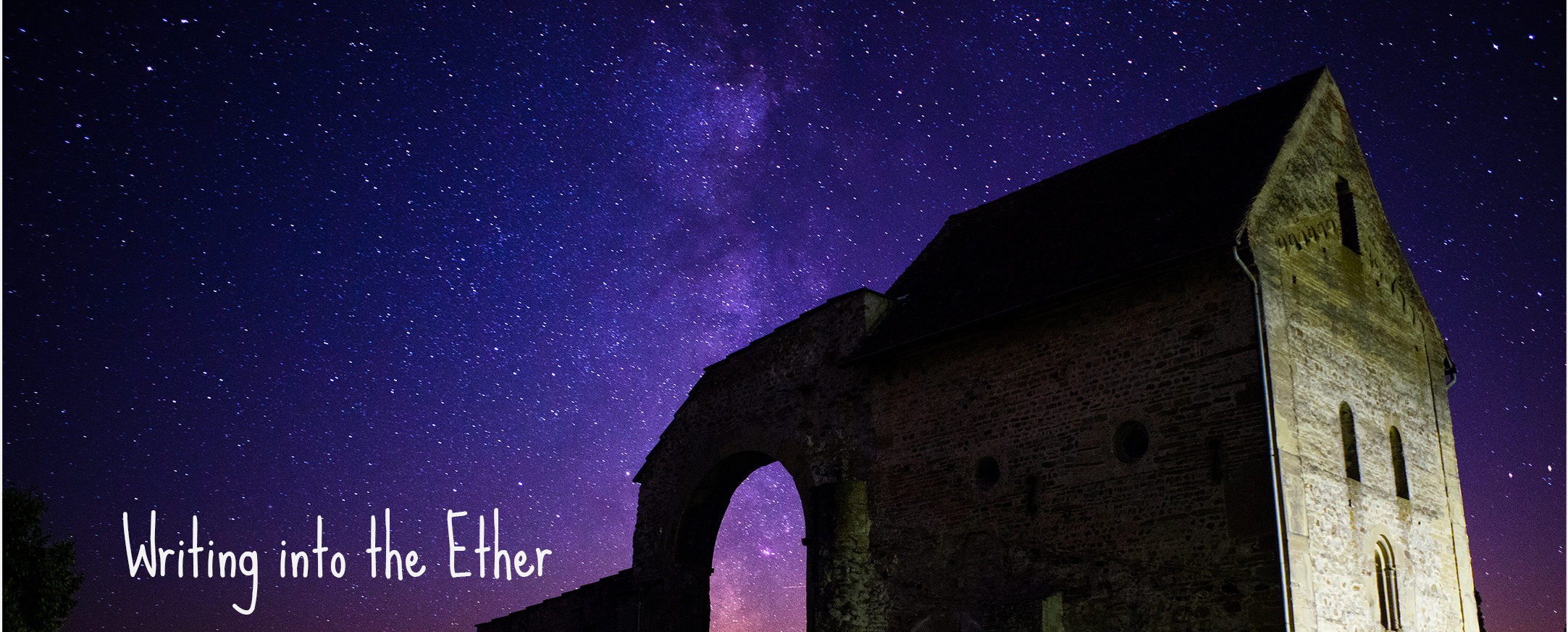
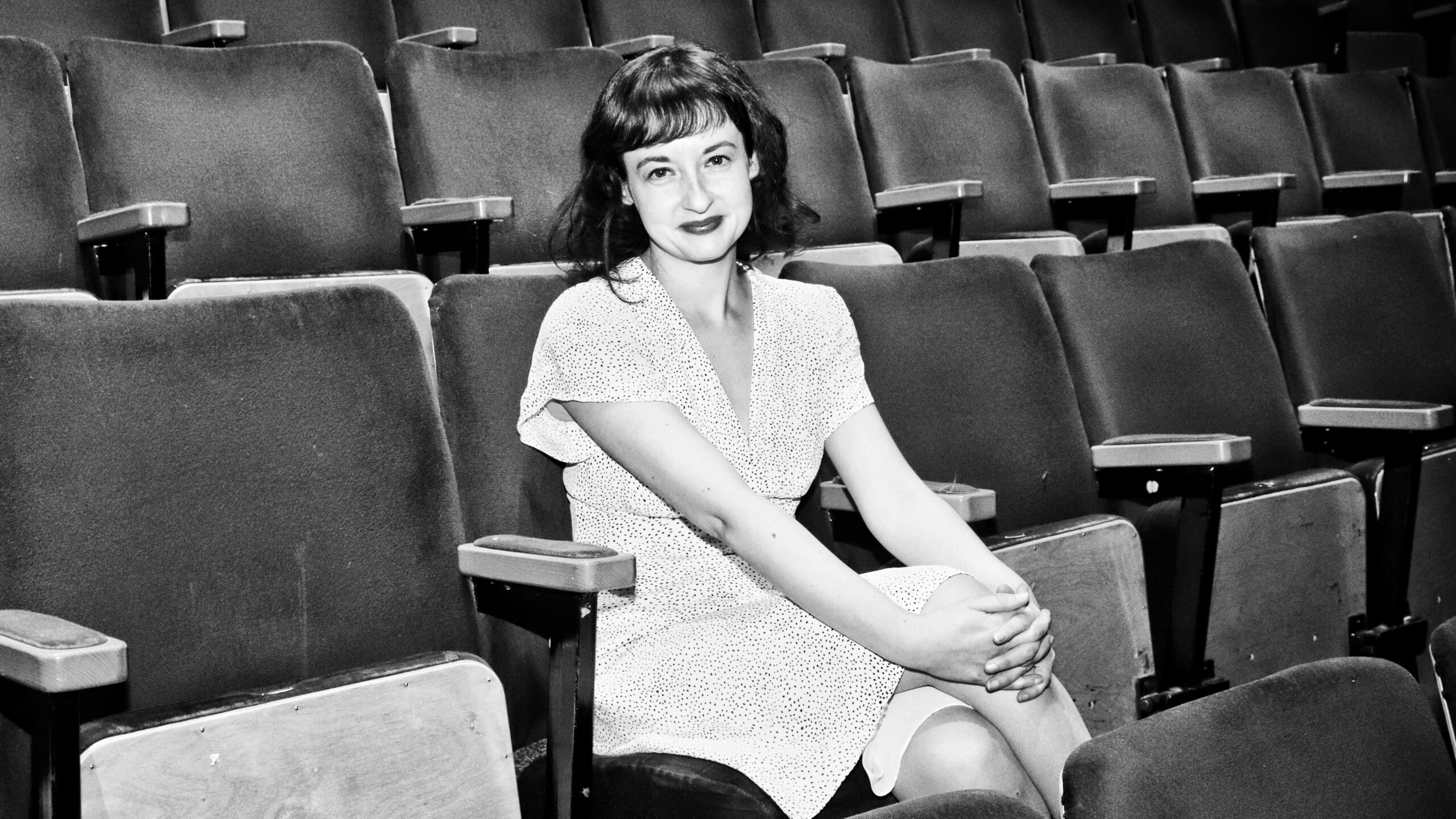
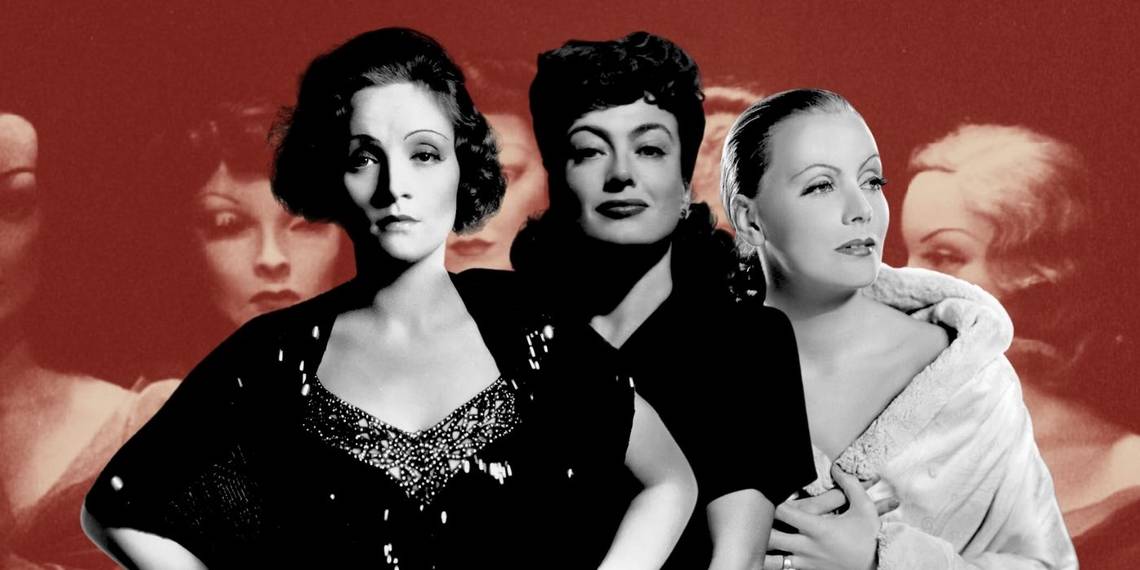
21st March 2024
[…] Further reading: Unveiling Hollywood Secrets with Chloe Wade and ‘As She Likes It’ […]